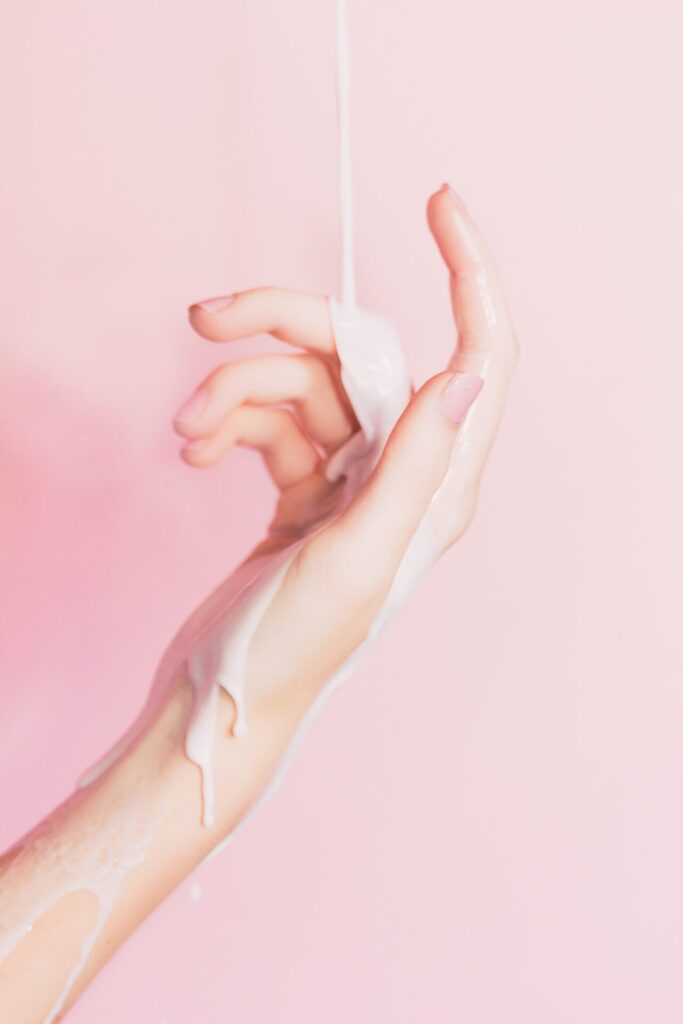Are you exhausted with your cracked heels? Here are some advices and tips for you to take note
It’s finally summer! Are you ready to show off that pedicure?
Well, most of our concern is our barefoot issues. One of the common foot problem is having cracked heels and it is really annoying. Some of the factors that contribute to having dry, cracked heels are, but not limited to age, trauma, and lack of maintenance. However, sometimes it indicates a more serious underlying condition. Best way to assure is to consult your condition to the medical experts. But here are some tips to consider when you are suffering from cracked heels:
- Wash your feet. You should wash your feet daily using lukewarm water (best to use). Soak and exfoliate your feet. The skin around cracked heels is often thicker and drier than the rest of your skin. This skin tends to split when you apply pressure.
- Moisturize your feet. After you soak or shower, dry your feet and slather them with lotion or cream. You can also apply heel balms. These balms contain ingredients to moisturize, soften, and exfoliate dead skin. Heel balm also helps to increase skin elasticity.
- Apply liquid bandage. You can also apply liquid bandage to cracks to seal the wound and prevent infections or further cracking. This product comes as a spray, which means you can go about your day without worrying about the bandage coming off. Liquid bandage is a good option for treating deep heel cracks that may bleed. Apply liquid bandage to clean, dry skin. As the crack heals, the coating is forced to the skin’s surface.
- Wear bamboo socks to bed. Slip into thin, 100% cotton socks to retain the moisture in your feet while you sleep.
Moreover, here are some advices to prevent cracked heels:
- Use a thick moisturiser, such as a high urea-based moisturiser, to moisturise your heels and feet (not between the toes) daily to keep the skin hydrated and smooth.
- Inspect your feet daily to look out for any early signs that cracks could be developing.
- Wear appropriate and supportive footwear when possible, that doesn’t encourage dry skin to develop — avoid thongs, bare feet or open-back sandals.
- Wear good quality socks when possible.
- Avoid standing for long periods of time.
- Drink plenty of water to stay hydrated.
Cracked heels can get worse and develop into deeper fissures, which can become infected. Do not treat cracked heels on your own if they’re caused by a medical condition. Special treatment for cracked heel from a podiatrist (foot doctor) may be needed.
If you are suffering from cracked heels, we can provide a treatment protocol for you and get your feet back to normal. Podiatrist South Kensington based
Schedule an appointment here or you may call us at 44 (0) 207 101 4000.📞
Hope you are having a feetnomenal day! 👣☀️
-The Chelsea Clinic and Team
Learn more about Tibialis Posterior here https://www.thechelseaclinic.uk/tibialis-posterior/
Check our blog about Blisters https://www.thechelseaclinic.uk/blisters/
Read our blog about Chilblains https://www.thechelseaclinic.uk/chilblains/




